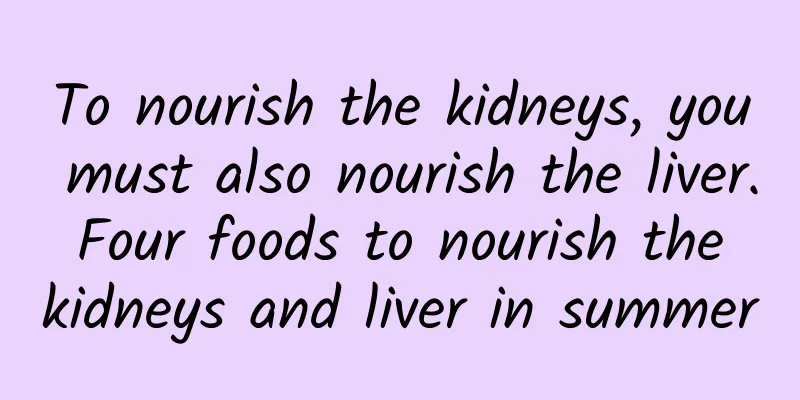Chronic renal insufficiency, there are four major dietary considerations!

|
For patients with chronic renal insufficiency, their physical condition is often high blood phosphorus and low blood calcium. If they do not receive proper treatment, it may affect bone health and even cause renal rickets. So, for patients with chronic renal insufficiency, what should they pay attention to in their diet? (1) Carbohydrates When it comes to carbohydrate intake, try to choose starchy foods that are low in protein, such as potatoes, sweet potatoes, yams, taro, lotus root powder, water chestnuts, pumpkin, vermicelli, water chestnut powder, etc. (2) Fat In order to supplement the calorie supply, fat can account for 40% to 50%, so you can eat more foods containing fat and calories, such as fatty meat. Generally, there is no limit on the intake of vegetable oils. You can eat butter, butter, and lard, but not cheese. Generally, at least 35 kcal of calories are needed per kilogram of body weight per day, of which fat accounts for 40% to 50%, carbohydrates account for 50%, and protein is given according to the degree of kidney function damage. (3) Drinking water Generally speaking, for patients with chronic renal insufficiency, if they do not have edema and their blood pressure is not high, they can drink more water to make the urine volume reach more than 2500 ml, so that the waste products produced by the body's daily metabolism can be excreted. However, if there is edema, the amount of water they drink should be reduced, and the intake should be measured according to the output. (4) Low phosphorus A low-phosphorus diet, while supplementing protein, will inevitably lead to phosphorus intake, which is very unfavorable for patients with chronic renal insufficiency. There are reports that taking an extremely low-phosphorus diet (1/4 of the normal phosphorus intake, equivalent to 300-350 mg/day) can control the increase in blood creatinine in uremic patients, and some even significantly reduce it. In order to reduce phosphorus intake, in addition to avoiding phosphorus-rich foods (such as egg yolks, animal viscera, brains, bone marrow, etc.) as much as possible, lean meat and fish can be boiled in water and then eaten without soup, or calcium carbonate tablets can be taken to react with phosphorus in the intestines. |
<<: Are you suffering from seborrheic alopecia? Eat more of these to promote hair growth!
>>: Rose wolfberry tea is easy to make and tastes better when added with honey
Recommend
Are all human testicles the same size?
Testicles are an important part of the male body....
What medicine should men take for frequent and urgent urination?
Frequent urination and urgency are not only commo...
What are the acupuncture points for treating prostatitis?
Prostatitis is an acute or chronic inflammatory d...
How long does it usually take for a man to have a second erection?
Generally, after having sex, a man's penis wi...
What should you pay attention to in your life when you have nephrotic syndrome?
Speaking of nephrotic syndrome, many friends may ...
Spicy white pepper for prostate
The male prostate is a human organ unique to men....
Sperm color
Sperm is mainly the combination of atoms of repro...
What are the basic knowledge about men's health in autumn?
Health preservation is something that urban peopl...
How to treat penile vascular sclerosis
The penis is a very important organ in the human ...
4 physical treatments for premature ejaculation
When treating premature ejaculation, medication o...
There are taboos for fitness swimming, and many people are not suitable for it!
In summer, swimming pools are very lively places....
3 actions in the shower to make men healthier
Often rubbing face when tired Most people have th...
A little pain during erection
When the penis is erect, if it is a little painfu...
The reason why sperm comes out like water
A normal male will release sperm every day after ...
What medicine is good for male gonorrhea
Gonorrhea is a very common sexually transmitted d...









